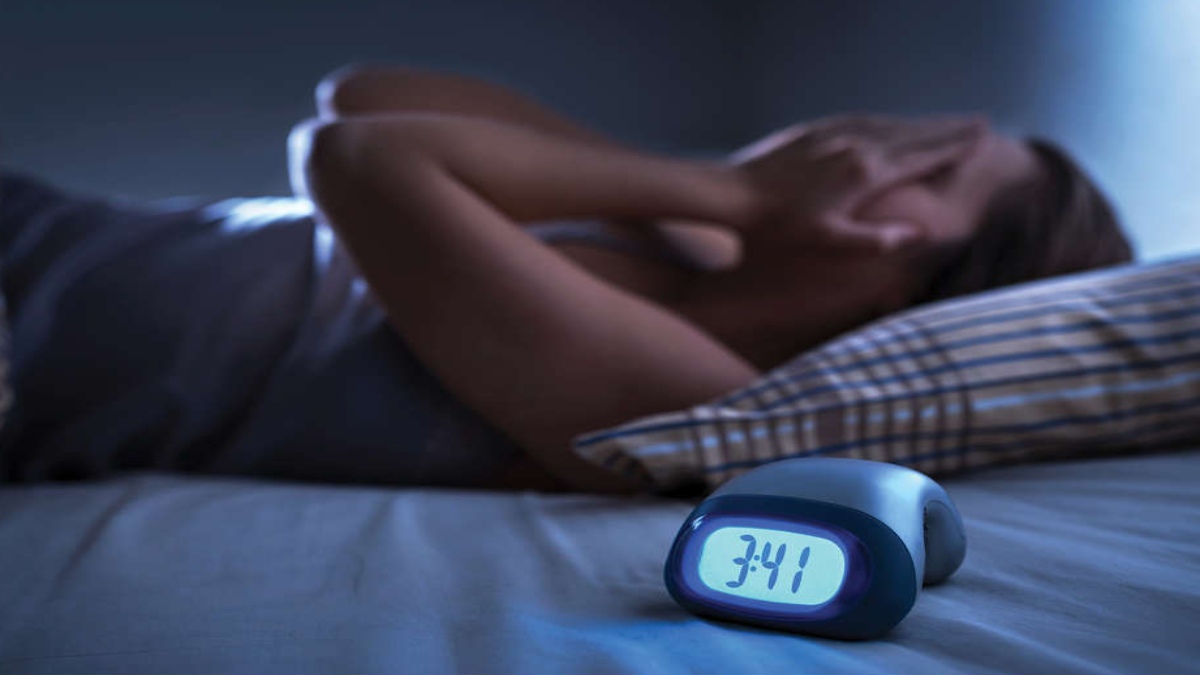


Seven to nine hours of sleep is typically recommended for maintaining optimum physical and emotional well-being. However, many people find this an incredibly difficult goal to achieve. No survey can better indicate the gravity of this challenge than the recent social media trend which saw young professionals taking to LinkedIn and Instagram to share a mock-celebratory update: “I am delighted to announce that I have finally completed eight hours of sleep.”
The fact that this meme was widely duplicated across platforms corroborates what studies have been showing all along: sleep disorders are pervasive in the modern world.
There are several cultural and psychological factors behind this concerning trend, which experts are calling an “underreported and unrecognised public health epidemic”. Besides increased and consistent exposure to digital screens, the high-stress, fast-paced, no-quarters-given lifestyle has resulted in people from all walks of life—from professionals and students to homemakers—adopting unhealthy coping mechanisms. These include revenge bedtime procrastination, where people deprived of personal time during the day subconsciously sacrifice their sleep to assert a sense of control over their schedules.
More alarming, perhaps, is the fact that between 10 to 30 percent of older adults suffer from insomnia—a figure that has only grown in the post-2020 landscape. The WHO observed that “bereavement, isolation, loss of income, and fear” amid the pandemic served to trigger or aggravate existing mental health conditions. The result? Increased levels of anxiety, alcohol and drug consumption, and insomnia—that, in turn, act as factors interlinked in an unhealthy cycle of sleep deprivation and deteriorating mental health. The early months of the viral outbreak made matters more challenging for vulnerable people, with more than 60 percent of countries reporting disruptions to mental health services for children and adolescents (72 percent), older adults (70 percent), and women requiring antenatal or postnatal services (61 percent).
However, extraordinary situations draw an extraordinary response – as it did during the initial lockdowns. While it was true that people could not control the disruption happening around them, they could control how they reacted to it. Therefore, in the absence of or inaccessibility to professional help, people started looking out for alternative methods to mitigate the challenges they were facing. These included making changes to their lifestyles to accommodate habits such as eating healthy and regular exercising—and that has made all the difference.
CHANGES IN LIFESTYLE HELPED PEOPLE COPE WITH INSOMNIA AFTER THE VIRAL OUTBREAK
Studies have shown that regular exercise can help fight depression, anxiety, and insomnia by increasing mental well-being and promoting healthy sleep and energy levels. Moderate-intensity aerobic exercise, like walking, has been shown to relieve insomnia. People with chronic insomnia who exercise regularly for just four weeks can experience the relieving effect equivalent to that delivered by hypnotic drugs, helping them to not just fall asleep about 13 times faster but also stay asleep up to 18 minutes longer.
The link between exercise and a healthy sleep cycle is easy to discern. According to experts, exercise can help a person combat stress and anxiety – two of the worst enemies of sleep. Exercise tires out the body, which serves to increase the sleep drive. Exercise can also help people to disrupt their circadian rhythms to induce sleep, thereby correcting the misaligned internal body clock, which is one of the factors behind insomnia. It has a twofold effect: raising the body temperature during the activity and, when the body cools down, the brain interprets the drop in body temperature as a signal to prepare for sleep, a natural cycle that occurs organically every evening. Moreover, activities such as running can boost serotonin—a hormone involved in the sleep/wake cycle—while improving the brain’s ability to regulate sleep.
When sleep cycles are disrupted, an inability to fall asleep is often the precursor to a drop in the immune system’s ability to fight off infections. Therefore, the pursuit of ample sleep goes beyond a healthy work-life balance in the post-pandemic landscape. A healthy sleep cycle can support the immune system that—while not a substitute to vaccines—can undeniably boost the protection enabled by inoculation.
One of the safest ways people can protect themselves during the pandemic and beyond is to be proactive about their own health. Regular exercising should be accompanied by small lifestyle changes such as cutting down on excessive screen time and eating a balanced diet. Such measures would not only help mitigate the side effects of prolonged sleep deprivation but also improve overall mental health and wellbeing.
The author is Business Head at RoundGlass Gympik.